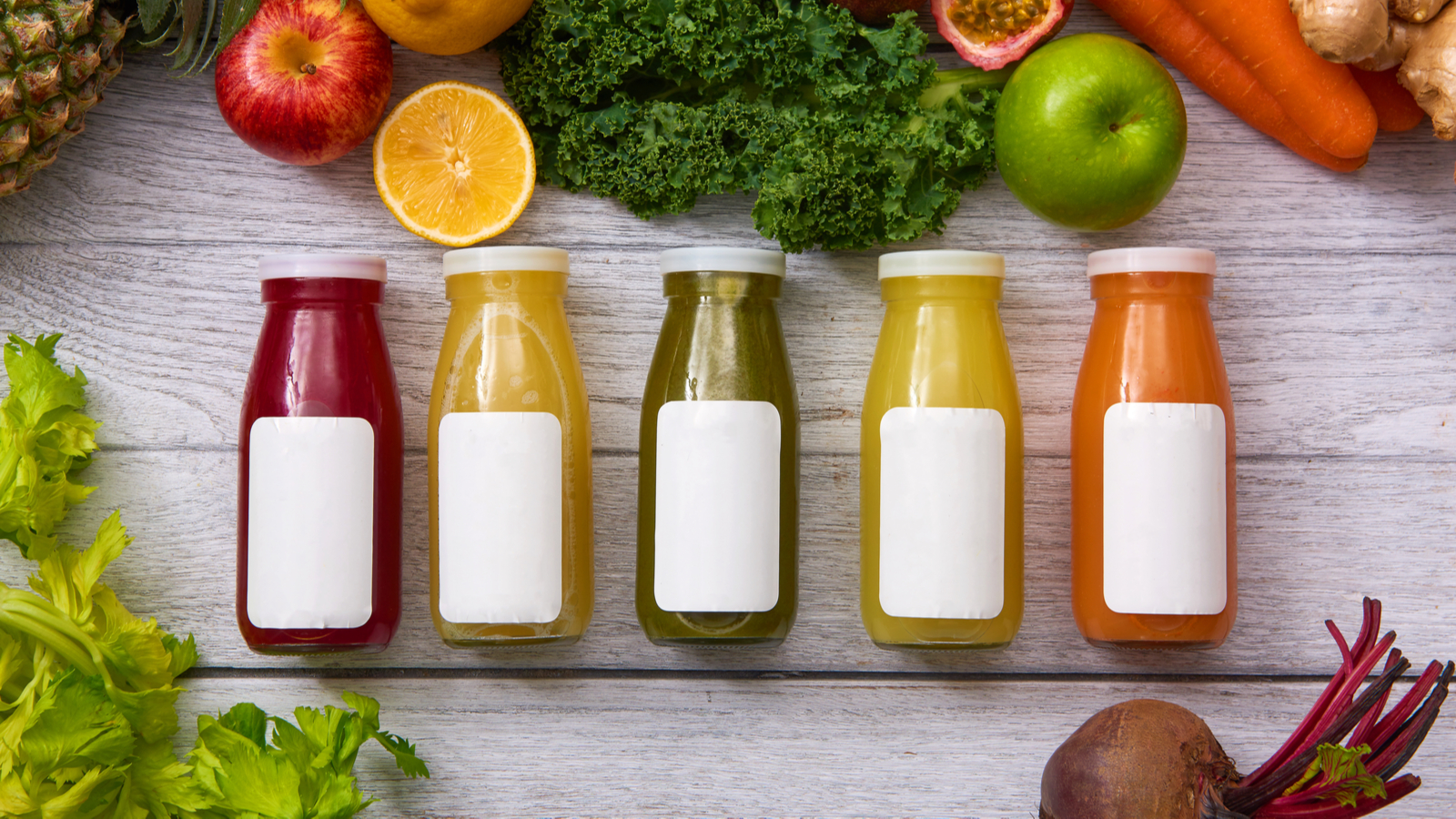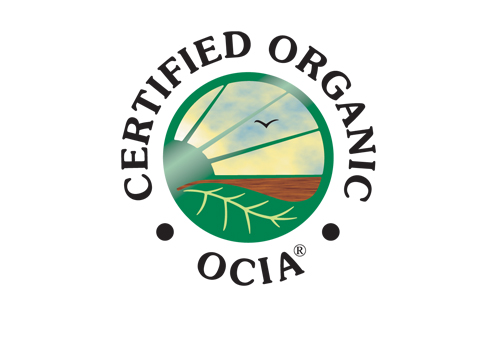

OCIA - Personal Body Care Products

OCIA certification arises from the following basic principles: Organic certification is a system of institutionalized trust, allowing consumers to identify and reward conscientious stewards of our natural heritage. Organic certification is a privilege to be earned rather than a right to be withdrawn. No one knows the farm system better than a farmer. Organic production focuses on natural processes and their management: materials and products are an adjunct to, not a replacement for, effective management. Diversity, interaction, adaptability and competition are characteristic, natural elements to be respected in the organic system. The organic farming system should be structured and managed to ensure that soil loss through erosion and other degradation does not exceed natural replacement rates. Organic operations must take measures to maintain and/or improve landscape and enhance biodiversity.The producers, handlers, and consumers depend on processors of organic products to preserve or enhance the original nutritive value for the type of product, while continuing producer efforts to minimize contamination of the product and the environment. The audit trail is an integral part of organic certification. The use of products made from organisms that have been modified by genetic engineering techniques (as defined in the Materials List) is prohibited and is in direct violation of the philosophy and organic intent of OCIA. Nanotechology applied as an extension to the process of genetic modification referred to in 1.2.10 is prohibited within the organic system.The use of manufactured nanoparticles or nanostructures is prohibited. *Notwithstanding the above, the use of naturally occurring nanoparticles, as in traditional biodynamic practice, is allowed. The use of artificial nanoscale processes is prohibited within the organic system.
Applied Standards
Materials (other than water) used in skin care, hair care, and other body care products (emollients, emulsifying agents, surfactants, humectants, minerals and related compounds), shall be of natural origin excluding petrochemicals. Only pure vegetable glycerins, lanolin, oils and other such natural materials should be used for organic personal care preparations. All petrochemical derivatives are prohibited. All processing shall take place in OCIA-certified or OCIA-recognized-certified facilities. The use of mined products shall be allowed as long as no prohibited materials are used to extract or further process the material. Inorganic materials, including inorganic acids (such as hydrochloric acid), inorganic bases (such as sodium hydroxide) and elements (such as nitrogen, hydrogen, sulfur and oxygen) shall be allowed to modify agricultural ingredients to make them more useful in personal care products. Given their functional need in many cosmetics and personal care products and having no true certified organic alternatives, non-certified ingredients are allowed under the following conditions: Because of the inherent differences between personal care products and food products, up to 10% of the total formula may contain non-certified ingredients where no alternatives exist. These raw materials shall be derived from natural ingredients. The remaining 90% of the formula must consist of OCIA-certified or OCIA- recognized-certified organic ingredients.The 90-10% rule shall apply for a period of five calendar years from this date, February 13, 1998. The intent is to allow development of certified organic personal care products to begin. At the end of five years, February 1, 2003, the 95-5% rule as applied in other parts of these standards shall apply. No artificial colors, flavors or fragrances shall be allowed in organic personal care products. The use of processing aids shall be limited to demonstrated need as expressed in the functionality of the ingredient, product, or process. Materials used shall be prescribed by this section as well as by the Allowed/Prohibited materials of the OCIA Materials List. Because of natural ingredients, long shelf life, and repeated contact with consumers, preservative systems may be required in most cosmetics and personal care products. Naturally derived preservatives must be used when available. Synthetic low impact preservatives of food grade quality may be minimally used where no other alternatives exist. Preservatives shall be within the 10% level of non-certified ingredients.
Allowable methods of extraction for the production of essential oils, herbal extracts, vegetable/fruit extracts and oils, sea products, etc. include: a. Water, steam and vacuum distillation. b. Aqueous and alcohol solutions and tinctures. c. Mechanical expression. d. Fractionation using approved distillation/extraction techniques. e. Extraction of resinoids using only ethyl alcohol solvents or other natural solvents. f. Glycolic extracts using non-synthetic glycerin and alcohols. Sea gums (alginates, agar, carrageenan, etc.) may be allowed unless specifically prohibited by other sections of these standards. All products wild harvested must comply with section 4.6.
